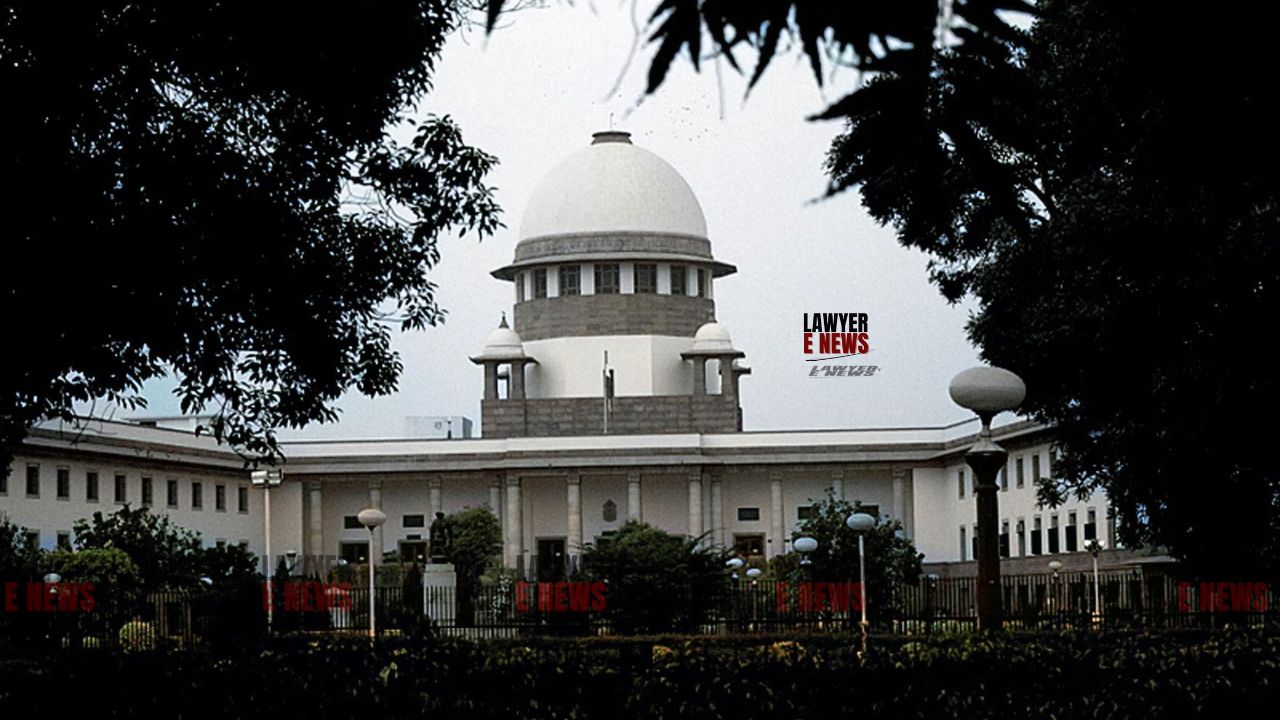-
by Admin
15 February 2026 5:35 AM



In a significant judgment, the Supreme Court has reversed the High Court of Judicature at Bombay’s decision, declaring that the restructuring guidelines issued under the Micro, Small, and Medium Enterprises Development Act, 2006 (MSMED Act) are mandatory for banks. The ruling mandates banks to adhere to the Ministry of Micro, Small and Medium Enterprises’ Notification dated May 29, 2015, concerning the “Framework for Revival and Rehabilitation of MSMEs,” before classifying any MSME loan account as a Non-Performing Asset (NPA).
The appeals were brought by various MSMEs who contested actions taken by banks under the Securitisation and Reconstruction of Financial Assets and Enforcement of Security Interest Act, 2002 (SARFAESI Act), alleging non-compliance with the MSME restructuring guidelines. The High Court had dismissed their writ petitions, ruling that banks were not obliged to adopt the restructuring process without an application from the MSMEs.
The Supreme Court underscored the statutory force of the restructuring guidelines, issued under Section 9 of the MSMED Act and revised by the Reserve Bank of India (RBI). The judgment elaborated on the mandatory nature of these guidelines, which are designed to identify and address stress in MSME accounts before they become NPAs.
Justice Bela M. Trivedi, delivering the judgment, stated, “The instructions issued under Section 9 of the MSMED Act and the RBI’s subsequent directions have statutory force and are binding on all scheduled commercial banks.”
Identification of Stress and Procedural Requirements:
The Court highlighted the critical role of the “Framework for Revival and Rehabilitation of MSMEs,” which requires banks to classify accounts showing signs of stress into sub-categories of Special Mention Accounts (SMA) and take appropriate action before classifying them as NPAs. This classification helps in early identification and resolution of potential defaults.
“The process of identifying incipient stress and categorizing accounts under SMA is crucial and must be carried out diligently by banks,” the Court emphasized.
Banks’ Compliance and Borrowers’ Vigilance:
The judgment noted that while banks have an obligation to follow these guidelines, MSMEs must also be proactive in providing authenticated and verifiable documents to substantiate their claims under the MSMED Act.
“It is equally incumbent on MSMEs to follow the process laid down and inform banks about their status with proper documentation,” the judgment read.
Justice Bela M. Trivedi remarked, “The instructions and directions issued under the MSMED Act and the RBI are binding and must be adhered to by all banking companies before any MSME loan account is classified as NPA.”
The Supreme Court’s decision reinforces the statutory obligations of banks to comply with MSME restructuring guidelines, ensuring that MSMEs receive due consideration before any adverse classification of their loan accounts. This ruling is expected to have a profound impact on the banking sector’s approach to handling MSME accounts and emphasizes the necessity of following the laid-down framework to promote and develop MSMEs effectively.
Date of Decision: August 1, 2024
